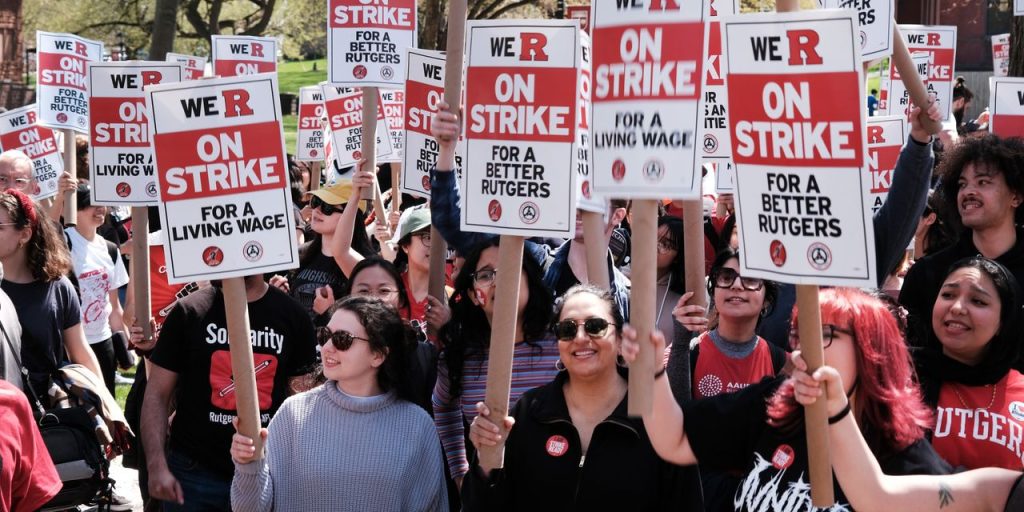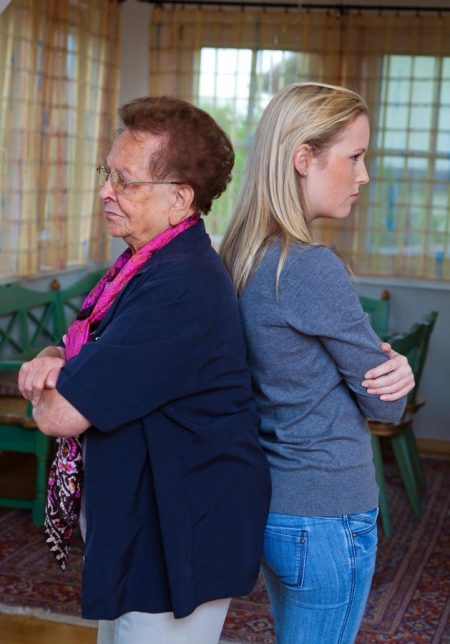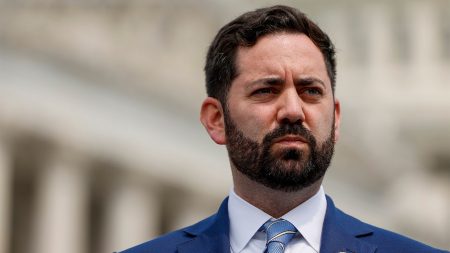Professors, graduate student workers, researchers and other educators at Rutgers University launched an historic strike this week, the latest in a wave of collective bargaining activity that has taken hold at universities across the country over the past few years.
The unions participating in the strike represent about 9,000 workers at Rutgers, New Jersey’s flagship public university. As part of the event, protesters demonstrated at picket lines at the three Rutgers campuses across the state and organizers said they expect instruction and “non-critical research” at the school to stop. The strike comes after several months of stalled negotiations over contracts that expired last summer.
“This is a significant strike in multiple ways,” said Risa Lieberwitz, a professor of labor and employment law at Cornell University.
Part of what makes the strike monumental are some of the particular details surrounding it, Lieberwitz said, including that it’s the first strike by educators in Rutgers’ more than two century history and that it’s the first time tenure and tenure-track faculty have participated in a strike at a Big Ten university, according to union organizers. The action is also meaningful because it represents the culmination of organizing among a coalition of unions across Rutgers’ campuses that are demanding similar levels of job security among different types of educators at the school.
The strike at Rutgers is largely driven by concerns about wages, benefits and paths for career growth offered to graduate students and adjunct faculty, who have increasingly taken over the bulk of teaching duties at colleges and universities nationwide.
The action at Rutgers is also notable, Lieberwitz said, because it comes as part of a broader spike in union and strike activity at universities across the country over the past several years. Graduate student workers at the University of California and Temple University recently won wage increases after striking for more than 40 days.
And just this week, there are six strikes taking place at colleges across the country, according to William Herbert, the executive director of the National Center for the Study of Collective Bargaining in Higher Education and the Professions.
Efforts to unionize graduate student workers and adjuncts increasing
Efforts to unionize graduate student workers and contingent faculty — for example adjunct professors who aren’t on the tenure track — have been increasing over the past decade. Between 2013 and 2019, 118 new collective bargaining units at colleges were certified or recognized, representing 36,264 employees, according to the National Center for the Study of Collective Bargaining in Higher Education and the Professions at Hunter College.
The uptick in union activity stems in part from the fact that universities have grown increasingly reliant on adjunct non-tenure track faculty to function. In the fall of 2021, 68% of faculty at U.S. colleges and universities held contingent appointments, according to the American Association of University Professors. That’s up from roughly 47% in the fall of 1987.
Workers in these positions typically have little job security and may struggle to afford basic needs on their salaries. The strike activity over the past several years exemplifies “frustration with the status quo,” Herbert said.
“The job security that is so essential for faculty to do their jobs has really been eroded,” said Lieberwitz, general counsel for the American Association of University Professors. (The Rutgers chapter of the AAUP and American Federation of Teachers is one of the unions striking at the school). “Unionization and collective bargaining is one very important way to negotiate for job security.”
While higher education workers have been concerned about these issues for several years, the pandemic accelerated collective bargaining activity both at colleges and more broadly. Employees in many industries have grown frustrated at what they view as a lack of recognition for their work during a time of extreme health and financial challenges, Herbert said.
The pandemic also exposed the precarious nature of many jobs, including those at colleges and universities. Academic workers at colleges and universities went on strike 15 times in 2022 — the highest number of work stoppages by these types of employees in two decades — according to an analysis by Bloomberg Law.
“During the pandemic people were seeing in a very direct way the impact of not having job security with regard to layoffs and the loss of jobs that were occurring in all kinds of occupations and that also included the response of some universities,” said Lieberwitz.
Response to the pandemic influenced organizing
And indeed, though the proximate reason for the at Rutgers strike is stalled contract negotiations, the school’s approach to its workers during the pandemic is part of what pushed so many unions on campus to organize together, said Donna Murch, an associate professor of history at Rutgers and the president of New Brunswick chapter of Rutgers AAUP-AFT.
Like many colleges and universities across the country, Rutgers laid off and furloughed thousands of faculty and staff at the height of the pandemic. In the fall of 2020, unions at the school challenged the administration’s decision to declare a “fiscal emergency,” which the unions claimed the school used as cover to break contracts and freeze salaries.
“You can imagine this is the period without a vaccine, people are dying on ventilators with all those workers getting laid off they lost their health insurance and their tuition benefits,” Murch said. “At Rutgers in response to that we saw a coming together of the faculty and graduate student workers union with the other unions on campus.”
That coalition is the same one organizing the current strike. The workers demands include: pay increases for faculty and graduate student workers, tying the pay of part-time adjunct faculty to that of full-time non-tenured track faculty, increased job security for non-tenured workers and that the university cancel students’ overdue fines and fees, which can prevent them from graduating or enrolling in classes.
“For many of us who are older, the U.S. is almost unrecognizable of how expensive the core needs are housing, education, transportation,” Murch said. “Part of the way that I see this is a response to incredible social inequality. How do we push back to make work and wages and benefits more equitable for all.”
‘Graduate education is not sustainable for many people’
A major part of the union push is increasing pay and benefits for graduate student workers. Organizers are calling on the school to bring the minimum salary to $37,000 a year, up from about $30,000.
“At the rate we’re paid right now, graduate education is not sustainable for many people,” said Liana Katz, a graduate worker in the geography department at Rutgers University-New Brunswick and the vice president for graduate workers in the Rutgers AAUP-AFT chapter.
The union is also asking for more consistent treatment of graduate student workers. Right now, some graduate students who are called fellows, but perform “the exact same work as other unionized graduate student workers,” according to Katz, don’t qualify for the same pay and benefits, including a decent health insurance plan, as graduate assistants and teaching assistants who are in the union.
Katz, who has cycled back and forth between being a fellow and a graduate worker covered by the union, has personally felt the impact of the disparate treatment. “I have some serious health concerns that require continuity of care and being able to have access to the same doctors,” she said. “When you’re constantly switching on and off from different health insurance plans it’s extremely disruptive.”
“It’s very hard to survive as a graduate worker in New Jersey and we’re really just asking for the Holloway administration to give us the basic necessities that we need to survive,” Katz said, referring to Rutgers’ President Jonathan Holloway, “and to do the work that quite frankly Rutgers depends on us to do.”
Holloway called the decision to strike “deeply disappointing” on Sunday night. On Tuesday, negotiators are meeting at the statehouse for the second day after New Jersey Governor Phil Murphy called both sides there for negotiations.
“We are encouraged by Governor Murphy’s request and genuinely welcome his leadership,” Holloway said in a Monday email to the Rutgers community. “We are hopeful that we can quickly come to a resolution of the remaining outstanding issues.”
Meanwhile, Rutgers’ union organizers say they’re drawing inspiration from other higher education workers who have gone on strike over the past several months. “We see ourselves at Rutgers as part of a wave that’s sweeping higher education right now that is forcefully contesting the status quo of what higher education employment looks like,” Katz said.
Read the full article here
















